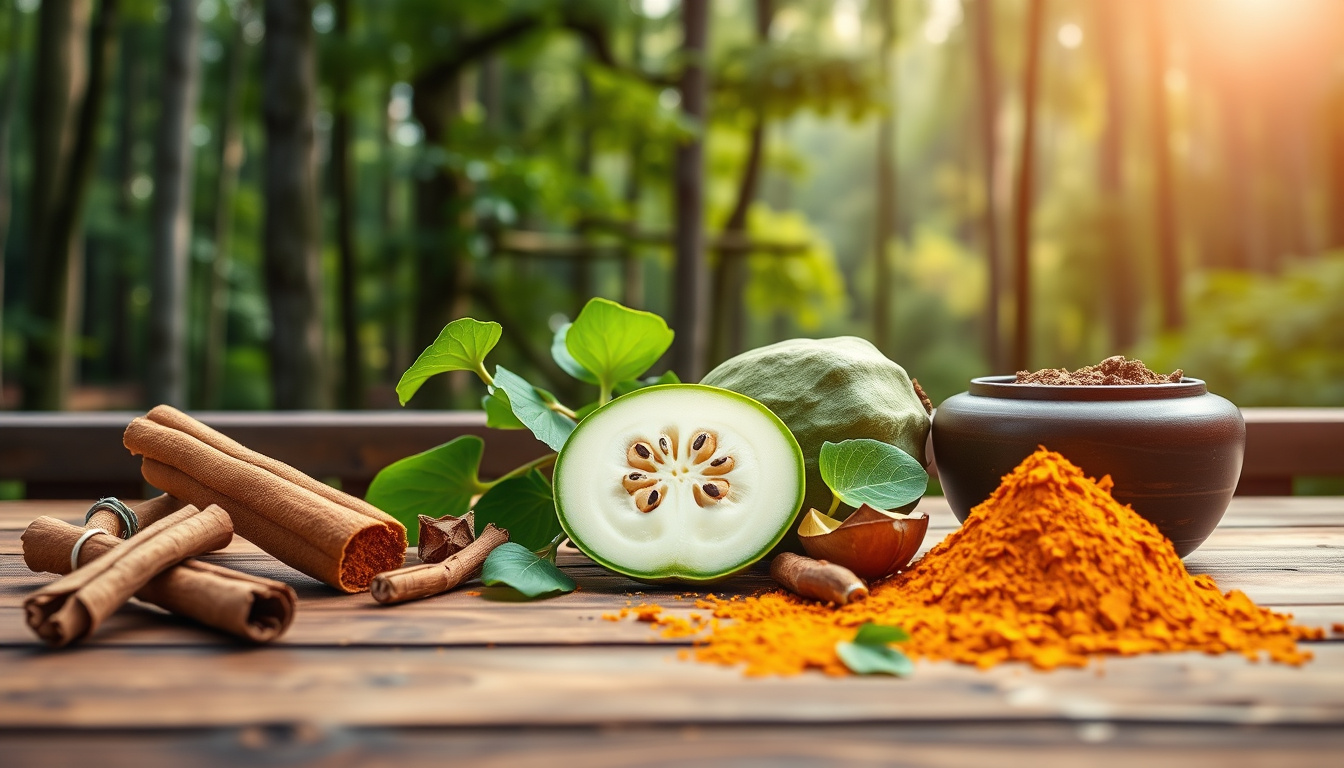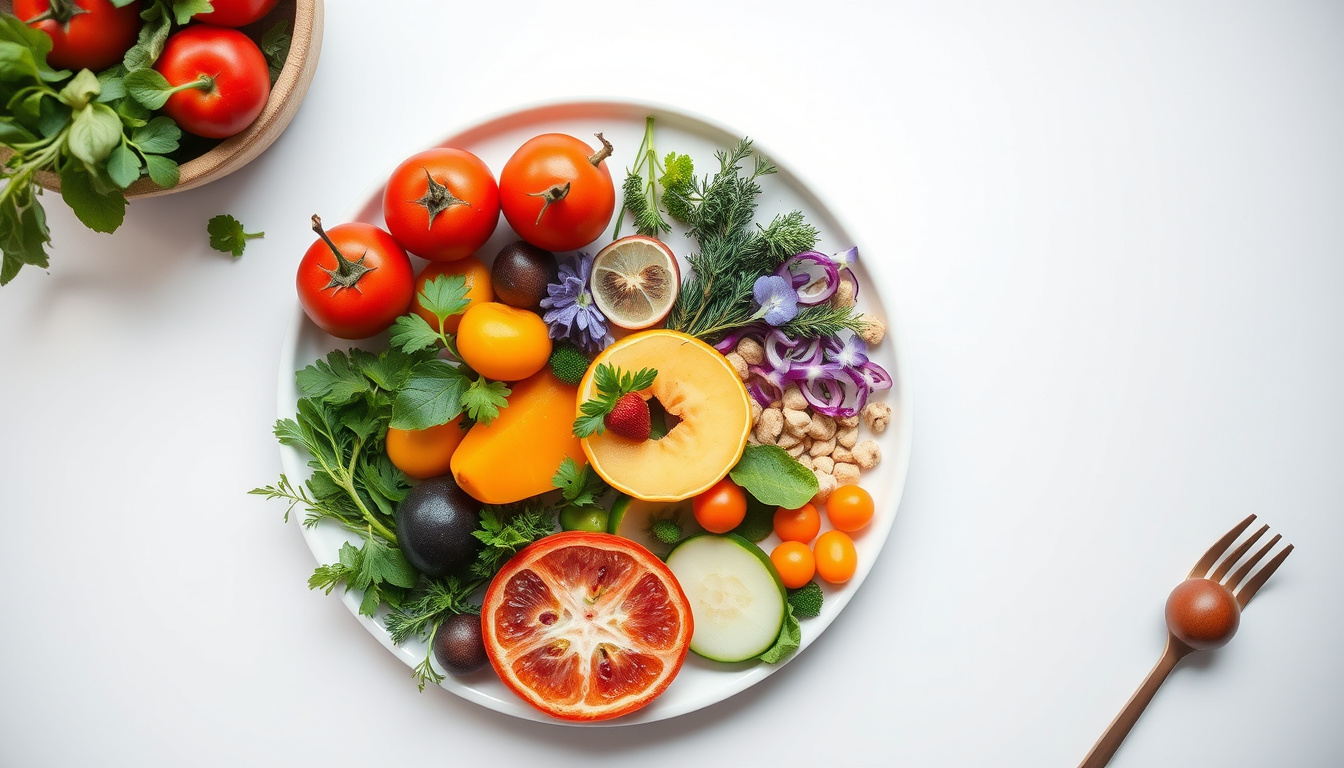Harnessing Nature: Effective Natural Treatments for Insulin Resistance
 Jill Smith
Jill Smith
Insulin resistance is a condition where the body's cells become less responsive to insulin, leading to elevated blood sugar levels and increased risk of developing type 2 diabetes and other health complications. Fortunately, various natural treatments can help improve insulin sensitivity and support metabolic health. This article explores evidence-based, holistic approaches to managing insulin resistance through diet, lifestyle, and supplementation.
Understanding Insulin Resistance
Insulin is a crucial hormone produced by the pancreas that regulates blood sugar by facilitating glucose uptake into cells for energy or storage. When cells are less responsive to insulin—a state known as insulin resistance—the pancreas produces more insulin to compensate. Over time, this can exhaust the insulin-producing cells, raising blood sugar levels and increasing the risk of prediabetes, type 2 diabetes, and cardiovascular diseases.
Common symptoms of insulin resistance include fatigue, increased hunger, weight gain (especially around the abdomen), frequent infections, brain fog, and increased thirst and urination. Various factors contribute to insulin resistance, including excess body fat, physical inactivity, chronic stress, poor sleep, genetic predisposition, and certain medical conditions such as Polycystic Ovarian Syndrome (PCOS) and fatty liver disease.

Natural Strategies to Improve Insulin Sensitivity
1. Prioritize Quality Sleep
Insufficient or poor-quality sleep negatively impacts insulin sensitivity. Studies link sleep deprivation to increased blood sugar levels and reduced effectiveness of insulin. Striving for 7 to 9 hours of restful sleep per night can help reverse these effects. Good sleep hygiene practices, such as maintaining consistent sleep schedules, minimizing screen exposure before bedtime, and creating a dark, quiet sleeping environment, are beneficial.
2. Engage in Regular Physical Activity
Exercise enhances glucose uptake by muscles and immediately improves insulin sensitivity. Both aerobic (cardio) and resistance (strength) training are effective. Combining these exercise types amplifies benefits. Aim for at least 150 minutes of moderate or 75 minutes of vigorous exercise weekly. Regular activity also supports weight management, further enhancing insulin responsiveness.
3. Manage Stress Effectively
Chronic stress elevates cortisol and other stress hormones that increase blood sugar levels and worsen insulin resistance. Incorporating stress reduction techniques such as meditation, deep breathing exercises, yoga, or engaging in enjoyable hobbies can mitigate these effects and help regulate blood sugar.
4. Maintain a Healthy Weight, Particularly Reducing Abdominal Fat
Excess visceral fat (fat around the abdomen) produces hormones that promote insulin resistance. Losing weight through balanced diet and physical activity can significantly improve insulin sensitivity and reduce diabetes risk.
5. Optimize Your Diet
-
Increase Soluble Fiber: Soluble fiber nourishes beneficial gut bacteria linked to improved insulin action. Foods rich in soluble fiber include oats, beans, flaxseeds, kale, broccoli, apples, and citrus fruits.
-
Eat Colorful Fruits and Vegetables: These are rich in antioxidants and plant compounds that combat inflammation and enhance insulin sensitivity.
-
Limit Carbohydrates and Choose Low Glycemic Index (GI) Options: High carb intake causes blood sugar spikes. Opting for low GI carbs like brown rice, quinoa, sweet potatoes, and certain oats slows glucose absorption, easing insulin’s workload.
-
Cut Down on Added Sugars: Foods high in fructose-rich added sugars (e.g., sodas, candies, baked goods) have been shown to increase insulin resistance.
6. Incorporate Beneficial Herbs and Spices
Certain herbs and spices exhibit properties that may enhance insulin sensitivity:
- Fenugreek: High in soluble fiber and may improve insulin use.
- Turmeric: Contains curcumin, an anti-inflammatory antioxidant that improves metabolic health.
- Ginger: Its compound gingerol may increase sugar uptake in muscles.
- Garlic: Enhances insulin secretion and exerts antioxidant effects.
- Cinnamon: May mimic insulin action and facilitate glucose transport into cells.
Though promising, many findings arise from preliminary or animal studies, so further human research is needed.
7. Drink Green Tea
The antioxidant epigallocatechin gallate (EGCG) in green tea has been associated with improved insulin sensitivity and blood sugar regulation.
8. Use Apple Cider Vinegar
Apple cider vinegar may lower blood sugar by slowing stomach emptying and improving insulin’s effectiveness. Consuming vinegar with meals can be an easy addition to daily routines.
9. Avoid Trans Fats
Trans fats, commonly found in processed fried and baked goods, have been linked to increased insulin resistance and other health risks. Minimizing intake by reading labels and choosing whole, unprocessed foods supports insulin sensitivity.
10. Consider Supplements Cautiously
Some supplements show potential for improving insulin sensitivity:
- Magnesium: Supports insulin receptor function.
- Chromium: Enhances insulin action in metabolism.
- Berberine: A plant extract that may lower blood sugar.
- Resveratrol: Found in grape skins, it might improve insulin response.
Always consult healthcare providers before starting supplements, especially if on medications.
Conclusion
Insulin resistance is a complex condition influenced by multiple factors, but natural interventions focusing on lifestyle modifications can effectively enhance insulin sensitivity. Prioritizing quality sleep, engaging in regular exercise, managing stress, maintaining a healthy weight, making mindful dietary choices, incorporating certain herbs and supplements, and avoiding harmful fats collectively create a powerful strategy against insulin resistance. Adopting these evidence-based habits not only supports blood sugar regulation but also promotes overall metabolic health and reduces the risk of chronic diseases.
Note: This article is informational and does not replace professional medical advice. Individuals should consult healthcare providers for personalized guidance.
Turn Back the Clock: Unlock the Secrets to Reverse Diabetes in 30 Days. Don't Wait! Download Now
Subscribe to my newsletter
Read articles from Jill Smith directly inside your inbox. Subscribe to the newsletter, and don't miss out.
Written by
